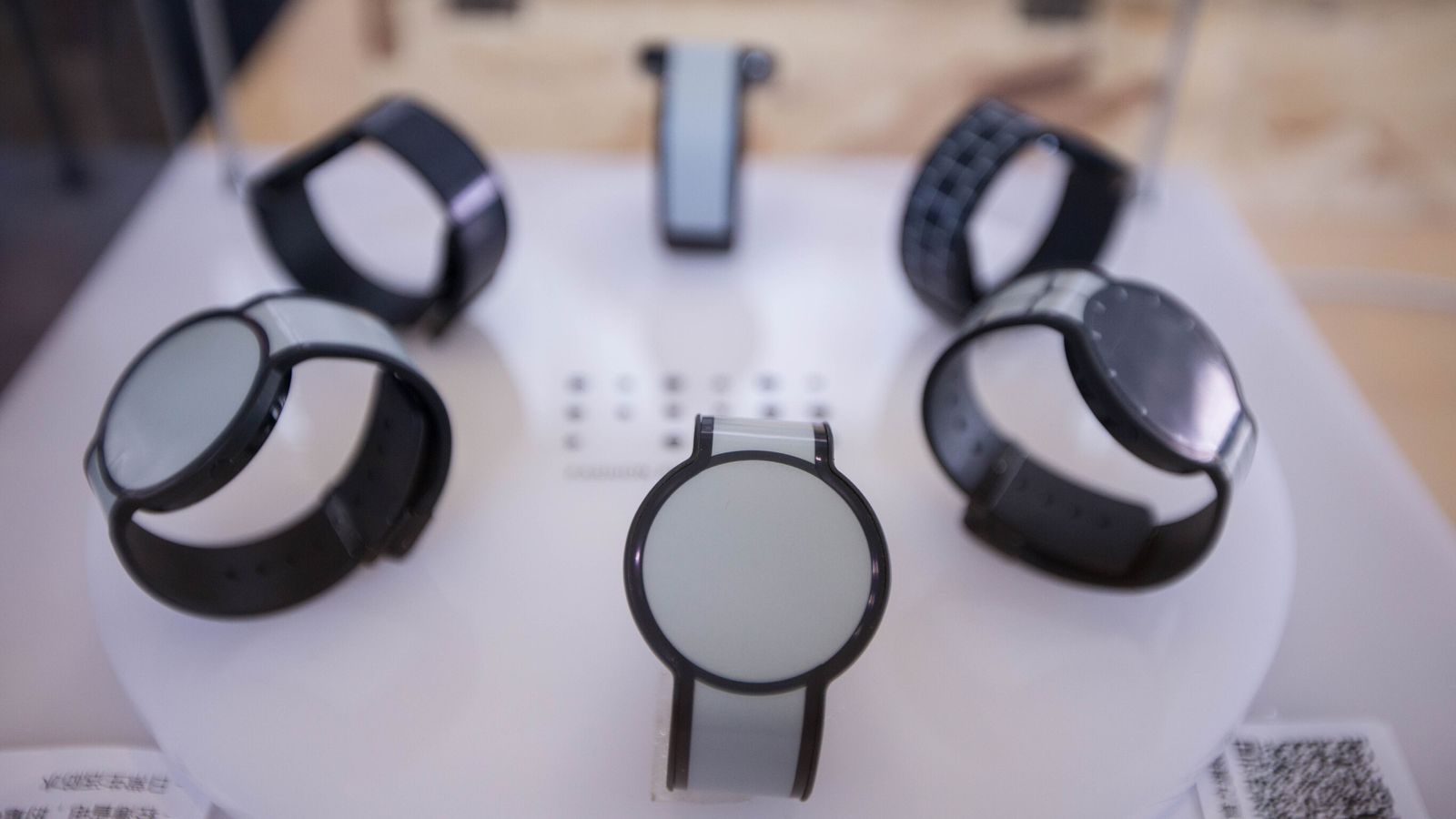Smartwatches and wearable fitness devices could trigger a heart attack in vulnerable patients and potentially be deadly, a new study has warned.
The study carried out by researchers from the University of Utah and published in the Heart Rhythm journal, found that Samsung Galaxy Watch4, Fitbit smart scales, and Moodmetric smart rings, among many others – were some of the devices that could cause potential health risks.
This was due to the devices sensing technology, which could interfere with patients with cardiac implantable electronic devices (CIEDs).
The CIEDs included pacemakers, implantable cardioverter defibrillators (ICDs), and cardiac resynchronization therapy (CRT) devices.
University of Utah electrical and computer engineering assistant professor Benjamin Sanchez Terrones said in a media release that the study “raises a red flag”.
The researchers found the issues were caused by specific wearable smartwatches, at-home smart scales, and smart rings that use bioimpedance – this is a type of sensing technology.
Bioimpedance is the response of a living organism to an electric current applied externally, according to the European Commission’s Scientific Committees’ website.
Paedophiles are starting to use virtual reality headsets to view child abuse images, data shows
Third person cured of HIV after stem cell transplant, researchers say
Stroke survivor moves hand for first time in nine years
The technology emits a small and unnoticeable electricity current which is measured in microamps into the body.
The response of these devices are measured by the sensor to determine the person’s skeletal muscle or fat mass and stress levels.
After testing the functioning of CRT devices, researchers also found that the slight electrical currents from these wearable gadgets can interfere and sometimes confuse cardiac implantable devices.
Therefore leading the devices to operate incorrectly.
Read more:
People on mental health waiting lists cautioned not to turn to chatbots
Spice rack revealed as germiest place in the kitchen
For the pacemaker, it was established that the bioimpedance’s tiny electrical current could trick the heart into thinking it is beating fast enough, which prevents the pacemaker from doing its job.
“We have patients who depend on pacemakers to live,” professor of medicine Benjamin Steinberg said in the media release.
“If the pacemaker gets confused by interference, it could stop working during the duration that it is confused. If that interference is for a prolonged time, the patient could pass out or worse,” Mr Steinberg added.
Implantable cardioverter-defibrillators, which act as a pacemaker and also shocks the heart to restore a regular heart rhythm, could also be impacted by the wearable devices.
The bioimpedance could send incorrect signals to the patient and send electric shocks that are not needed – therefore causing pain to the patient.
The study adds that warnings have been put out regarding implantable cardiac devices and its interferences with a variety of devices.
However, Mr Sanchez-Terrones said this is the first time findings have discovered problems associated with a gadget’s bioimpedance sensing technology.
“The scientific community doesn’t know about this,” he said.
“No one has looked at whether this is a real concern or not.”
The researchers said that the findings do not convey an immediate or clear risk to patients who use these kinds of wearable devices, but they believe it’s a first step for further study.
“We need to test across a broader cohort of devices and possibly in patients with these devices,” Mr Steinberg said.
“Ultimately, more studies are needed to evaluate the clinical translation of our findings and ensure the health of our patients,” Mr Sanchez Terrones added.






